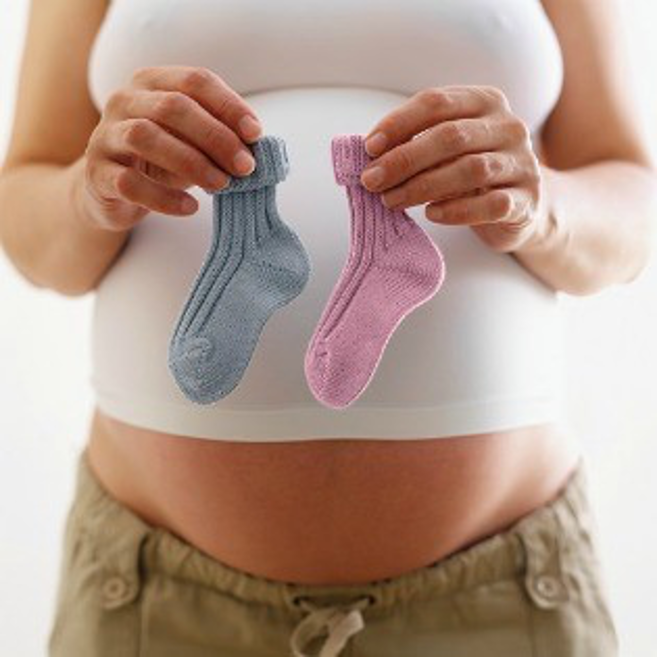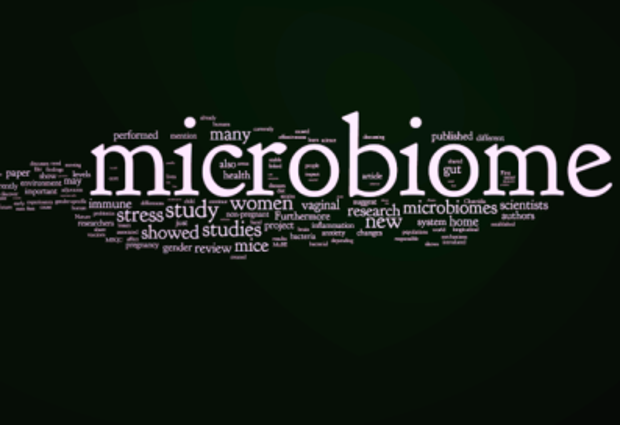What everyone should know about Caesarean Birth
I first met my Obstetrician when I was 15 weeks pregnant. Since I was pregnant with twins it was suggested that my perinatal care be provided by the “high risk” OB in town. In this first (very brief) meeting, I was reassured that so far things looked good, but given I had not yet had children it would be in my babies’ best interest, particularly that of baby B, to be delivered via Caesarean section.

At this time in my life, I was over half way through my PhD, so my inquisitive mind needed to know, “what is the evidence to substantiate a C- section? Is it in the BEST interest of baby B”?
In response, I was given a somewhat detailed answer pertaining to a recent five-year research trial that determined consistently poor outcomes for baby B when delivered vaginally. I accepted this, agreed to the recommendation and as I left my appointment, I was given a card with my scheduled Caesarean section date indicated. In a way, it was a bit of a relief. My trust in our health care system at the time translated to me not giving much thought to the type of birth I would have.
However, I am most grateful (especially now!) that my naturopathic doctor did. In addition to helping me conceive, she ensured that “despite my impending Caesarean section”, I would be armed with the best possible health strategies for my future children.
What did she mean? She was talking about the microbiome. Birth through the vaginal canal is the time when a baby ingests some of the first bacteria that will colonize its gut. But babies born by caesarean birth miss out on this process, and end up with a different set of bugs – including some from the hospital environment.

Tons of studies have found evidence that this C-section microbiome could make the child more vulnerable to problems later in life, such as asthma, food allergies and even obesity. We are finally coming to understand how important the collection of bacteria in our guts is for our health.
It is only now that I understand how important certain aspects of her plan were – probiotics!! My children are now ten years old and in the past five years I’ve given more thought to how they were brought into the world, and how I was duped by the very care system in which I work. In retrospect, I was not given accurate information on what was in my babies’ best interest. Rather, I was offered a recommendation based on a biased perspective, one that medicalizes birth, disrupting our precious evolutionary fabric in the process.
My increasing knowledge and understanding of the microbiome has stemmed from one of the many hats I wear – a professor of pathophysiology at McMaster University. Simply put, the scientific evidence is now very clear: a well-functioning microbiome is the key to health – it represents the foundation and the evolutionary matrix that allows us to exist. This important new research SHOULD be transforming our health care approach, especially as it relates to perinatal care. Almost one third of babies born in North America are now birthed by caesarean. These babies can still receive the microbes they’re missing — and hopefully some of the health benefits — explaining how the microbiome is the future of medicine. Colonization of the intestine with important bacteria begins at birth, mainly due to transfer of bacteria from the mother, but also from the environment – to which the influences are many. Mode of birth, place of birth, breastfeeding and antibiotic use have been clearly demonstrated to influence the composition of the microbiota.
So, what exactly are the implications regarding Cesarean birth? We still don’t have all the answers. What we do know, is that when your baby’s gut is colonized by the micro-organisms in the hospital operating room rather than from you, it doesn’t bode well for the long term health of your child. More disturbing is the fact that this is now understood to have a multi-generational effect.
So, what can we do with all of this information? Our conventional practices that medicalize birth require a major upheaval. It is not to say we never need medicalization – of course there are times when medical intervention saves lives. This is where our current systems approach shines. However, the pattern of routine unnecessary intervention is a big issue and frankly the health of our population is suffering as a result.

Regardless of where you fit in the perinatal care process, you need to be informed. Beyond being informed, you need to be supported and empowered to make the best decisions. Thankfully our bodies are designed to adapt towards a state of wellness. We do however need the correct guidance on how to get there in a world of conventional practices that are hazardous to our health.
